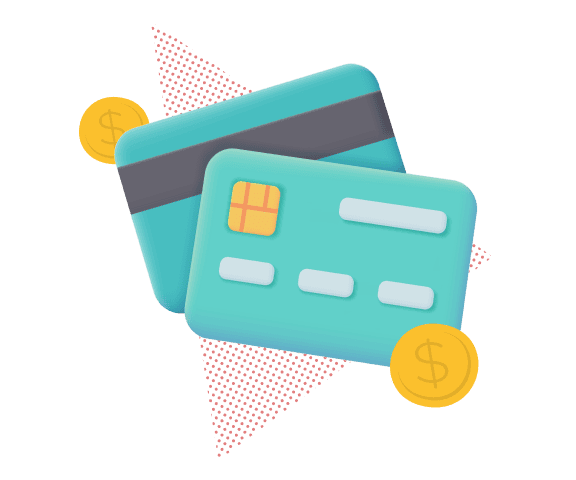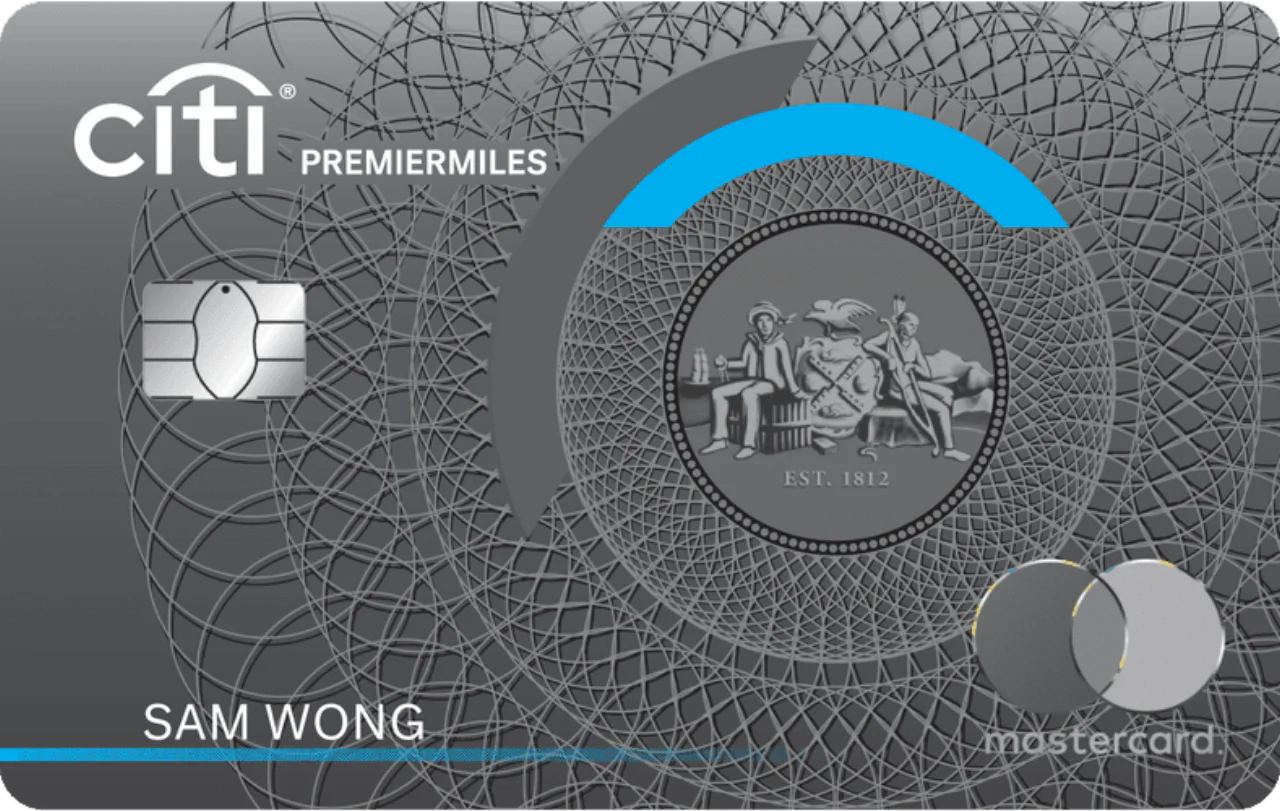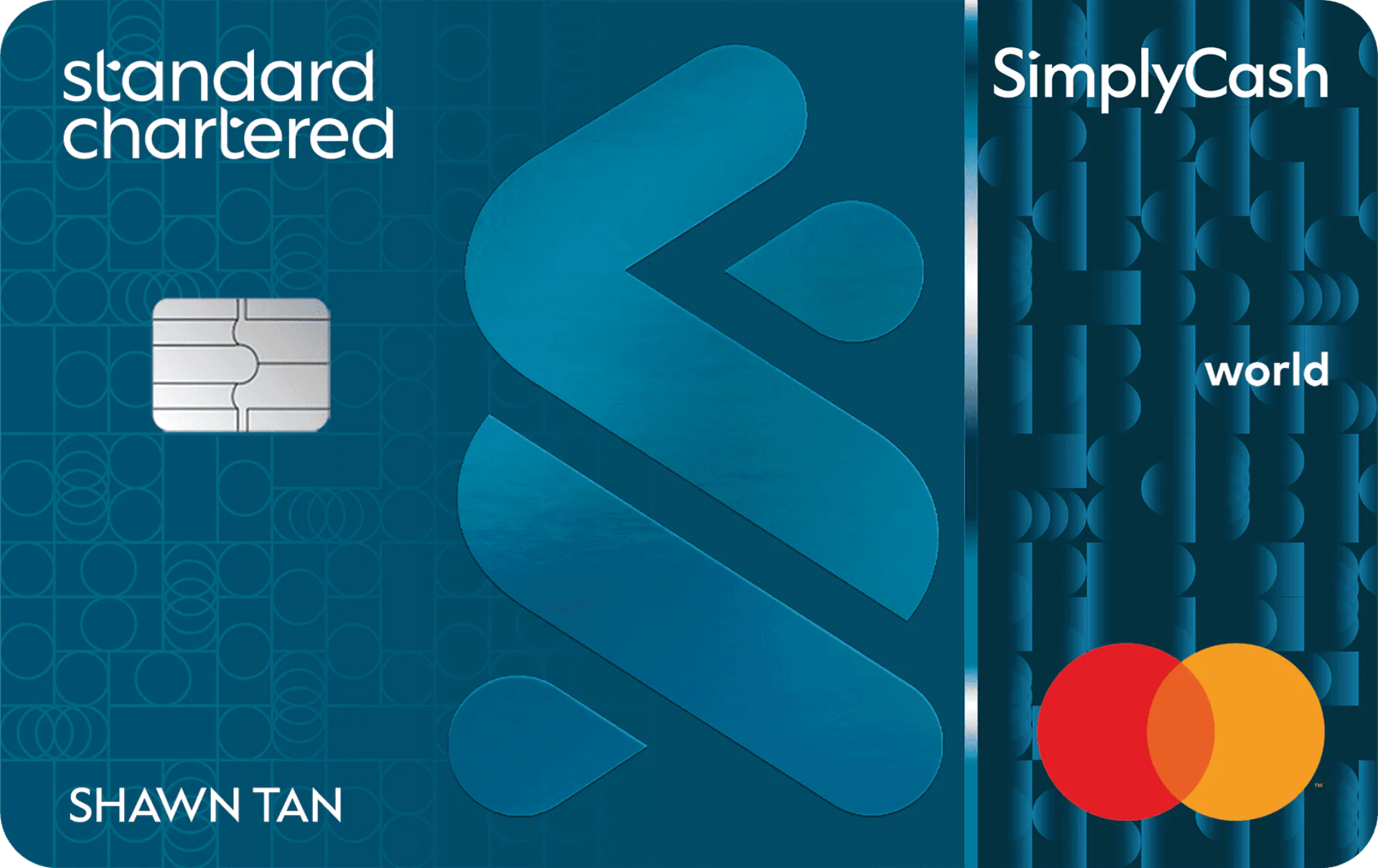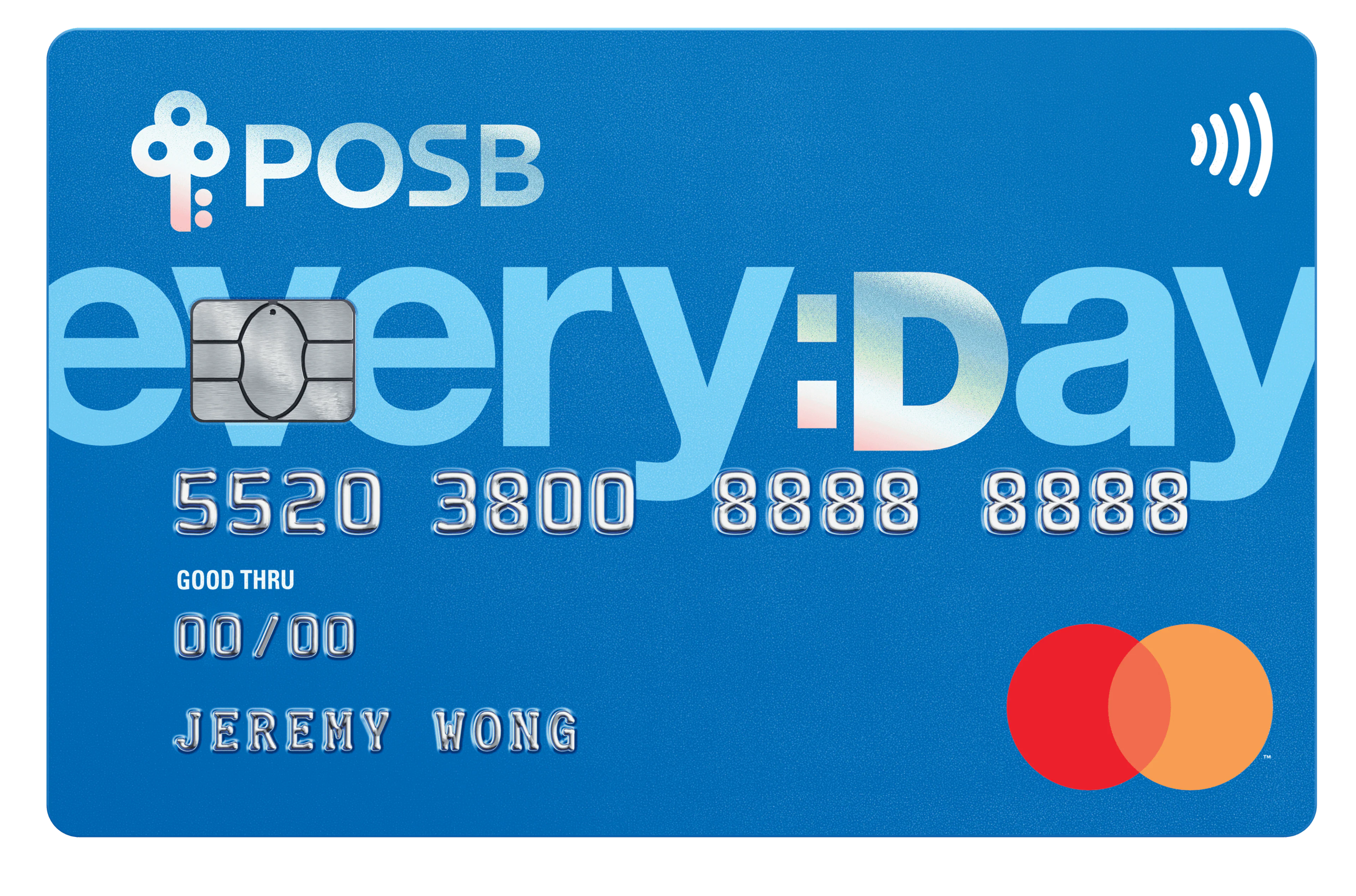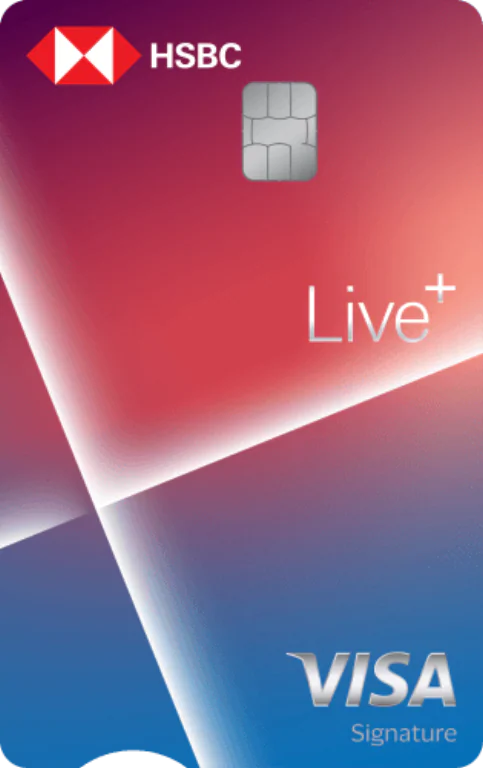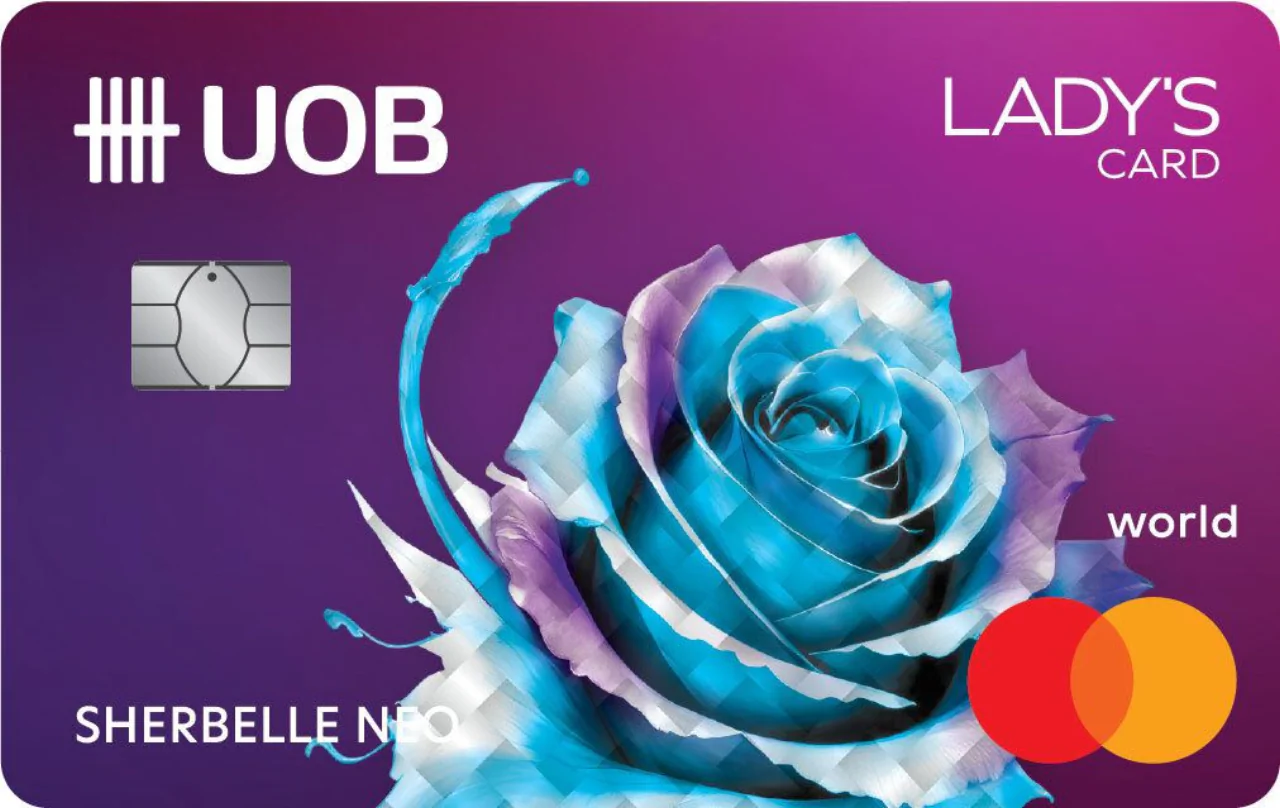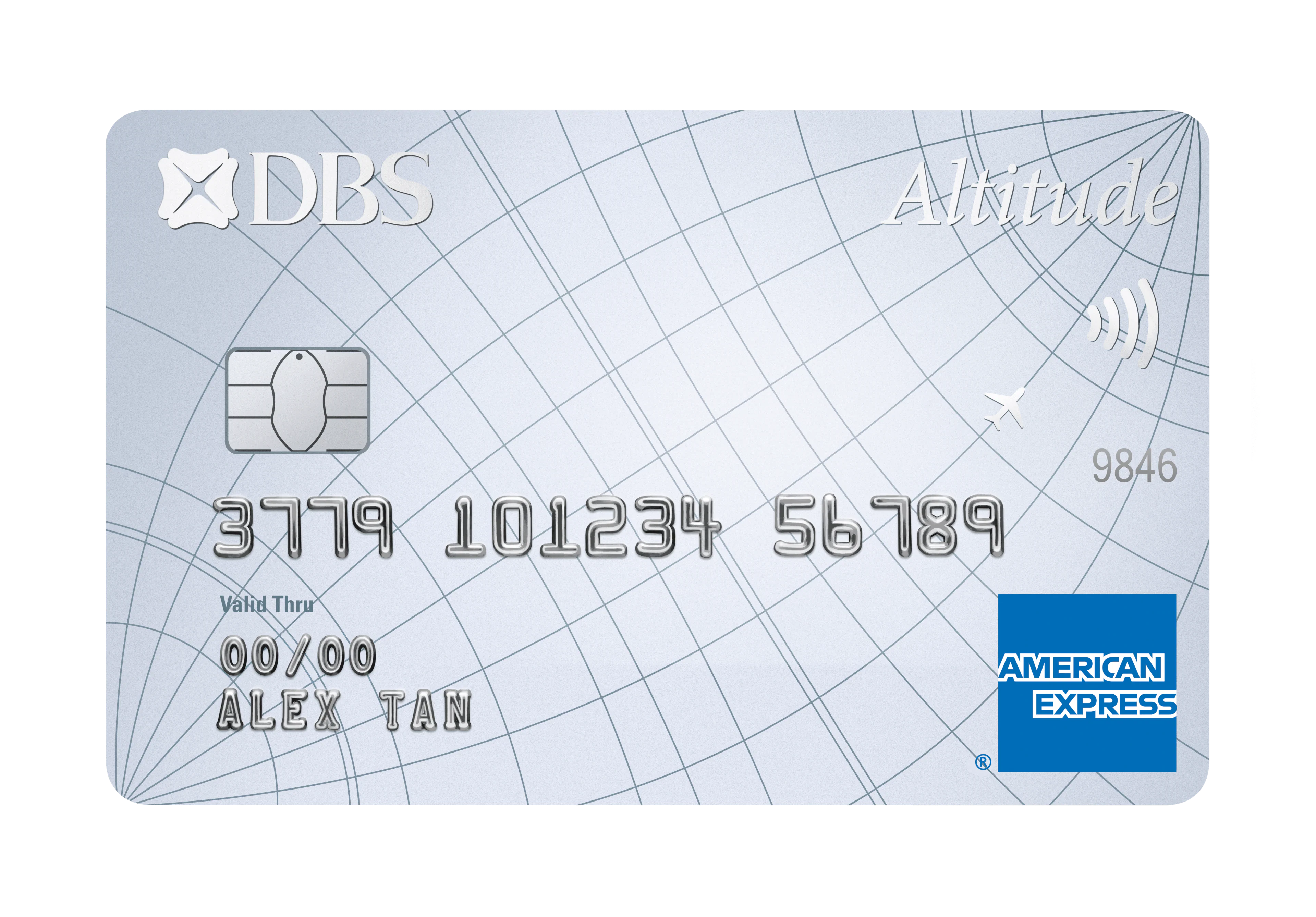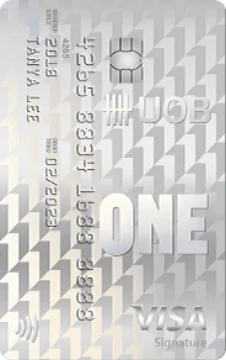Can I Use One Credit Card to Pay Off Another Credit Card?
Updated: 9 Dec 2025
It might sound like an easy fix, but paying off one credit card with another comes with its own set of catches, and not every method is a smart one.
When transferring a balance: Yes
One of the safest and most cost-effective ways to move debt from one card to another is through a balance transfer.
In Singapore, major banks like DBS, UOB, and HSBC offer balance transfer programmes. These allow you to shift your outstanding balance to another card, typically with 0% interest for a promotional period, such as six months. There is usually a one-time processing fee, and minimum transfer amounts apply — commonly around S$500 to S$1,000.
For example, the DBS Balance Transfer currently offers 0 percent interest for six months with a one-time processing fee of 1.5%. If you owe S$5,000 on a high-interest card, moving it to a balance transfer plan could save you hundreds of dollars in interest — provided you clear the balance within the six months.
Just remember: after the promotional period, standard interest rates apply. Always check the fees, terms, and whether you can realistically repay the full amount before the offer expires.
To pay your monthly bill directly: Yes, but maybe you shouldn’t
Technically, you can use another bank's transfer service to pay off your monthly credit card bill, but it is not always ideal.
One disadvantage is that payments made from different banks — whether via AXS, GIRO, or internet banking — may take a day or two to clear. If you cut it too close to your due date, you risk late payment charges and interest stacking up.
Another hassle is the need to juggle multiple payments, due dates, and bank platforms. It becomes easy to miss payments if you are not extremely organised.
In Singapore, standard repayment options include GIRO setups (automatic deductions), direct bank transfers, AXS stations, and online banking apps. Whenever possible, setting up GIRO or automated reminders helps avoid unnecessary complexity and late charges.
Credit card debt piling up? A balance transfer could help you save on interest and simplify your repayments
Explore the best balance transfer options available in Singapore today.
Best balance transfer credit cards
With a cash advance: Yes, but maybe you shouldn’t
Cash advances allow you to withdraw cash from your credit card’s available limit — but they are one of the most expensive ways to access money.
When you take a cash advance to pay off another card, you will incur interest immediately, often around 24% to 28% per annum, with no interest-free grace period. There are also extra fees, such as a cash advance processing fee of $15 or 6 % of the withdrawn amount (whichever is higher).
Instead of solving your credit card bill issue, this method often worsens it by adding another layer of expensive debt. Unless it is a true emergency and you have no other options, it is best to avoid this route.
» Explore the best ways to borrow money
What to do if you can’t pay your minimum
If you find yourself unable to even meet the minimum repayment on your card, do not panic. There are practical steps you can take to regain control.
Assess your situation
Start by reviewing all your outstanding balances, interest rates, and upcoming due dates. Knowing exactly how much you owe is the first step to creating a repayment plan.
Use a simple spreadsheet or free budgeting apps to calculate how much you can realistically repay every month. We recommend you proceed step-by-step to make sure you don’t miss something.
Communicate with your creditors
If you anticipate missing a payment, contact your bank as soon as possible — before your bill is due.
Many banks in Singapore, including DBS and UOB, have dedicated financial assistance teams. They may offer options like instalment repayment plans, payment deferments, or even waive late payment fees if you can demonstrate genuine hardship.
Banks are usually more willing to work with you if you are proactive, rather than waiting for the situation to escalate.
Consider other options
If your credit card debt is starting to feel unmanageable, it might be time to explore more structured solutions.
Options include:
-
Debt Consolidation Plans (DCP), which combine multiple debts into one manageable loan with a lower interest rate
-
Credit Counselling Singapore (CCS) services, which offer professional advice and repayment assistance programmes
Both options can help you get back on track without sinking deeper into high-interest debt.
» Pin down your debt with our credit card balance transfer calculator
Credit cards aren’t the only choice
At the end of the day, credit cards are neither inherently good nor bad. They are tools. Used wisely for short-term purchases with full repayment plans, they can offer fantastic perks and convenience. Left unmanaged, they can quickly turn into financial burdens.
Mindful spending, clear repayment planning, and a strong understanding of your own habits will help ensure that your credit card remains a helpful ally, not a source of stress.
Frequently asked questions
Yes, you can. You do not need a bank account with the same bank that issued your credit card. For example, if your main banking account is with DBS but you have a Standard Chartered or American Express credit card, you can simply add those cards as payees in your DBS digibank mobile app or internet banking platform. Once set up, you can easily transfer payments from your DBS account to your other credit cards. Always check your latest credit card statement for the correct outstanding amount before making payment, just as you would for any other bill.
Alternatively, you could take a cash advance from another credit card to pay off your bill — but this is not advisable due to the high interest rates and fees involved.
Yes, you can pay your credit card bill using a debit card, although it depends on the payment channel. In Singapore, you can make payments via AXS stations, internet banking platforms, or GIRO by linking your debit card’s bank account to the payment.
Effectively, you are using funds from your savings or current account, accessed through your debit card, to pay the bill. It is not the debit card itself making the payment, but the linked bank account.
Technically, yes — but it is rarely a good idea. A cash advance involves withdrawing cash from your credit card’s available limit, often at very high interest rates (typically 24 to 28 percent per annum) with no interest-free period.
You would then use that cash to pay off another credit card bill. However, this approach can worsen your financial situation, as you are simply replacing one debt with another, usually at a much higher cost.
The smartest way to pay off a credit card is to pay the full outstanding balance by the due date every month. This helps you avoid paying any interest charges and keeps your credit score healthy.
If you are unable to pay the full amount, aim to pay more than the minimum due to reduce interest costs. Setting up a balance transfer to a lower-interest plan, or converting your outstanding balance into a structured instalment plan with your bank, can also help manage repayments more affordably. Always review the terms carefully and make a clear plan to clear the debt within the promotional period.
